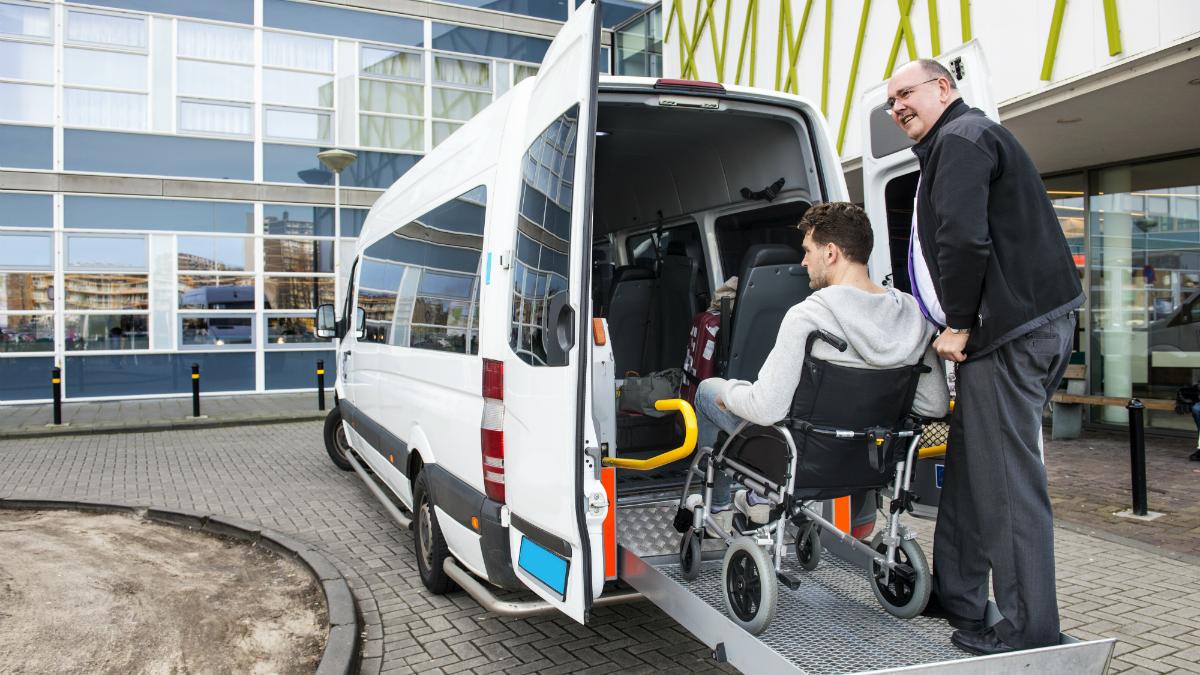NHS England is seeking evidence from physiotherapy staff about non-urgent patient transport services (NEPTS).

This will inform a national review, announced last year after the patients' watchdog HealthWatch highlighted issues faced by patients travelling to and from NHS services.
The review also follows the government instructing the NHS to refresh national guidance for NEPTS - which were last published in 2007 - to ensure services are delivered consistently across the country. NHS England acknowledges that NEPTS are not currently available in all areas of the country for people who find it difficult to walk, or require support during travel.
The CSP is calling on members to feed in to this review, given that patient transport impacts the success of other healthcare services. For example, cardiac care: research consistently shows that transport barriers are among the most important factors that limit patients’ uptake, attendance, and completion of cardiac rehabilitation, and associated lifestyle programmes.
Women are considerably less likely than men to complete cardiac rehabilitation. As socio-economic factors disproportionately affect women’s – and other groups of people with protected characteristics’ – access to comprehensive patient transport services are a key tool with which to reduce health inequalities.
CSP research and policy officer Robin Hinks said:
The NHS Long Term Plan and Net Zero ambitions highlight the growing importance of supporting people as close to home as possible.
However, the NHS will always have a need for clinical contact outside of the home environment. Patchy patient transport services undermine the NHS’ promise of comprehensive healthcare being available to all.
However, the CSP says that HealthWatch’s 2019 report highlights how clinical commissioning groups have in practice tightened eligibility criteria for NEPTS, for which they are responsible for commissioning. As a result considerable inequalities are seen nationwide in the types of conditions and patients that qualify for NEPTS.
Mr Hinks said: 'With there being limited information on recent trends in NEPTS provision, and the impact of this on patients and health services, CSP members could':
- provide evidence on levels of access, and eligibility criteria, used in your area and how this affects your work
- give details of innovative services, including community-operated transport models, found throughout the UK
- express interest to join one of the roundtable meetings that NHS England plans to arrange to explore these issues in more detail.
- The call for evidence closes on 13 March
- Find out more about the national review
If you’d like to discuss these issues further, please contact Robin Hinks.
Number of subscribers: 2



































